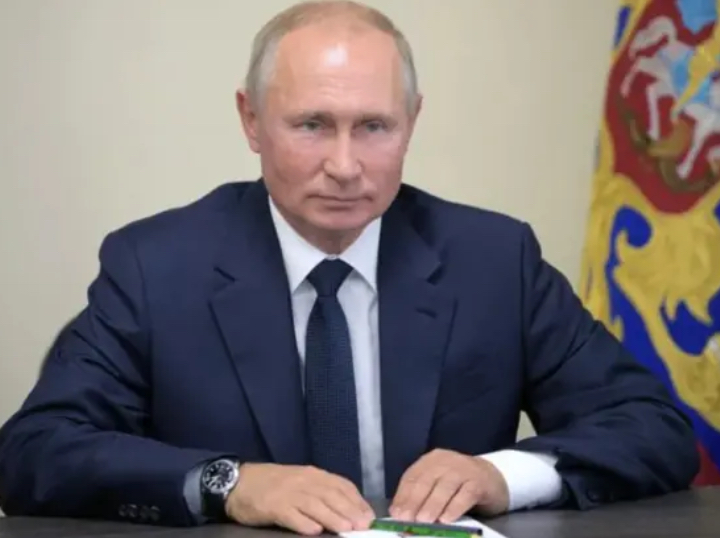Under this new mining law, only Russian legal entities and individual entrepreneurs who are registered can mine cryptocurrencies.
Russian President Vladimir Putin has signed legislation authorizing cryptocurrency mining in Russia. This legislative action classifies mining as a turnover component rather than a currency issuance.
The law includes new phrases like digital currency mining, mining pool, and mining infrastructure operator and will take effect ten days after its official publication. However, certain provisions may have alternate commencement dates as stipulated within the document.
As soon as the law is enacted, only entities registered in Russia can now engage legally in this activity. The law specifies that only Russian legal entities and individual entrepreneurs who are registered can mine cryptocurrencies. It seeks to structure the growing digital currency landscape within the country’s economy.
However, individuals who stay within government-set energy limits can mine without being on the register. This dual approach aims to regulate large-scale operations while allowing smaller miners to continue without excessive bureaucracy.
Additionally, the legislation allows foreign digital financial assets to be traded on Russian blockchain platforms.
Significantly, the Bank of Russia retains the authority to ban specific issuances if they pose a risk to financial stability. This provides a safeguard against potential economic disruptions tied to volatile digital assets.
Earlier discussions between Putin and the government highlighted the economic promise of digital currencies.
Consequently, Russia is positioning itself to capitalize on this emerging market by establishing a clear legal framework and supportive infrastructure. The focus is on fostering an environment conducive to digital asset circulation.
This development marks a pivotal step in Russia’s approach to managing digital currencies, balancing regulatory oversight with economic innovation.

